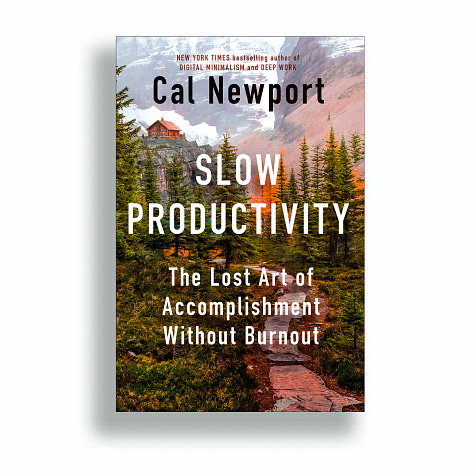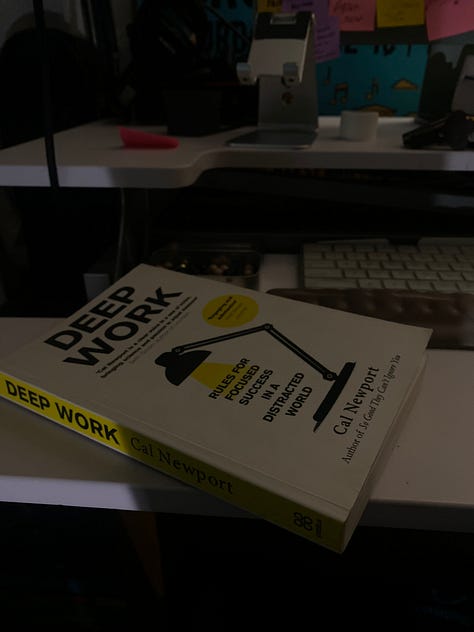By the way, I am revitalizing my newsletter so I can focus my long-form writing efforts on books: because it's about time—I have worked so hard to get here, with all these words, and it's time to do right by them. I would love your feedback on this new format—what do you like, what do you want to see more of, etc.
If you really miss the essays, check out the archive from May 14, 2025 and prior.Hello gentle-people,
Thank you for holding the truth of my new name with me in last week’s post, which featured a little bit on recovering from soul violence.
Thank you also for celebrating with me on my other news of becoming a US citizen. It feels like I am in a season of celebrations. I know this feels incongruent to what is happening in the world in so many ways. Yes my name is rose but I do not wear rose-colored glasses. I see the ache of our current political moment. It has hit close to home more times than I can name. In these times, we have to fight for our joy, not in opposition to our laments, but in recognition of them. Expressing one does not negate the other, no—one illuminates the other.

A “perch” is a light rest. Much needed in a world where many of us have to learn how to catch a break while standing up. In these lighter posts, I will offer poems, questions, and connections for those brief moments of reprieve. [Explore more in this series.]
Consider the difference between work-life balance and the notion of leisure outlined by the German-Catholic philosopher Josef Pieper…In work, he writes, time is horizontal, a pattern of forward-leaning labor time punctuated by little gaps of rest that simply refresh us for more work. For Pieper, those little gaps are not leisure. True leisure, instead, exists on the “vertical” axis of time…
“Leisure does not exist for the sake of work, Pieper writes, “however much strength it may give a man to work; the point of leisure is not to be a restorative, a pick-me-up, whether mental or physical; and though it give new strength, mentally and physically, and spiritually, too, that is not the point.”
—Jenny Odell, Saving Time: Discovering a Life Beyond Productivity Culture
Okay so…what is the point of leisure, then? Hold that thought and keep reading:
“Pieper’s distinction strikes an intuitive chord for me, as it probably does for anyone who suspects that productivity is not the ultimate measure of the meaning or value of time. To imagine a different “point” means also imagining a life, identity and source of meaning outside of the world of profit.
so leisure is…pointless?
Since I loved How to Do Nothing: Resisting the Attention Economy by Jenny Odell, I decided to pick up another one of her books, Saving Time: Discovering Life Beyond Productivity Culture. Within it, Odell is questioning the centrality of productivity in our culture. Challenging the notion that “time is money,” she is also asking if there are other values beyond money to orient ourselves around time that are much more important.
I think there are. If you aren’t sure, consider measuring time by the melting ice caps, or in the rate of deforestation or (drawing from the book) the growth of moss. When it comes to climate change, time is of the essence in so many ways.
Odell says and I repeat—We need to speak a new language of time. One that makes space for leisure to be pointless, in a world focused on productivity.
I must say, this is an imaginative leap for me—it takes me to a world where work-life balance isn’t even a concern. A world where being a body upon the earth, moving with the rhythms of the natural world is enough of a vocation. My worth isn’t measured by what I produce, and there is no wealth to chase—because wealth is with me, standing still and taking this day in.
I will pause here—it’s your turn to imagine.
landing track:
Imagine a world where you can lean into the pointlessness of leisure. What are you doing in that world? What are you sensing? What are you feeling?
What I’m reading…with caveats:



I have already mentioned Saving Time, which focuses on life beyond productivity culture. But I am also reading Slow Productivity: The Lost Art of Accomplishment Without Burnout by Cal Newport, which focuses on a slower, more contemplative approach to productivity. Newport’s book Deep Work was helpful to me at the beginning of seminary, even though I didn’t take half of his advice. I spent a little time rereading my highlights from it a couple months ago and finding things landing with more salience on the other side of my new ways of navigating digital media. Newport’s work falls among the category of “read with caveats”1 since I resist so much of the cult of optimization. But I read him often for his helpful frameworks. I did appreciate his takes on social media through Digital Minimalism, but also found that book fell short of addressing my concerns for social media being a central place where those of us who experience marginalization connect.2
In one of his podcast episodes, he said something that made it easier for me to lean into my time off social media. It was something like “social media gives you the perception that all these people are waiting to hear what you think.” I knew this and yet it has been incredibly humbling to realize how true this really is.3 Especially as someone who used to post online about issues of justice and faith—that impulse to share with every crisis felt all-consuming sometimes. I have thoughts on thoughts about where I am at with this—but I will save them for book writing.
landing track:
Try The Artist’s Way—it is so much more than a book to read. I will repeat this for awhile, but also caution you: if you lean in, you can change your life and discover new dimensions of yourself. Your world could be rocked. Are you ready?
join in the tender work
I love a word with multiple, beautiful, interlocking meanings and “tender” is one such word for me. I am tender—soft. I am tender—bruised. I am a tender—mending. I invite you to join in the tending that is keeping supporting this newsletter.
If you can’t become a paid subscriber yet but want to tend monetarily you can Buy Me a Feather. You could visit the Bookshop, where I earn a 10% commission and buy a book for yourself or for me.
Want to explore collaborations, connect or share a resource for A Gentle Landing? Feel free to click these helpful Substack buttons below or visit rosejpercy.com to explore my offerings.
I considered making a “read with caveats” Bookshop list. But I would want to explain my caveats for each book and that would take time. I might start slowly, we will see.
A book I found helpful for addressing that gap was Digital Black Feminism by Catherine Knight Steele. I can share more later. But it is also in the Bookshop, on the Woven list.
I did not write about this in the Woven series, but I might reflect on it in the book.




